Tag
#electric ships
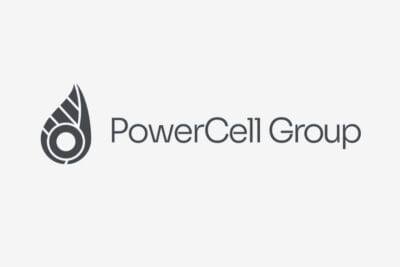
PowerCell announces first order for maritime H2 fuel cell system
01.07.2025
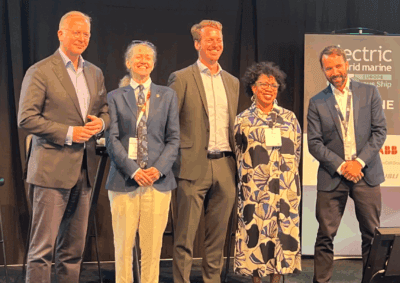
The Global Alliance for Maritime Electrification (GAME) is born
01.07.2025
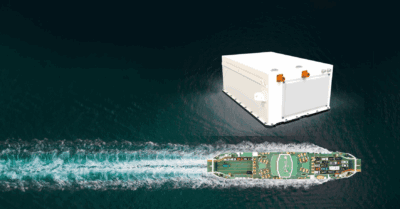
EST-Floattech announces LFP batteries for ships
25.06.2025

Freudenberg presents new battery system for electric ships
20.06.2025
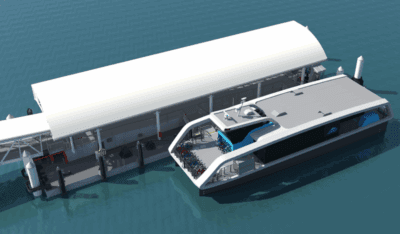
Wärtsilä to supply propulsion for electric ferries in San Francisco Bay
05.06.2025
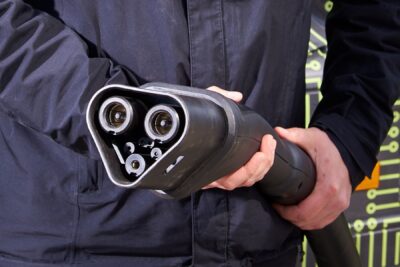
Shell builds MCS test centre in Hamburg
02.06.2025
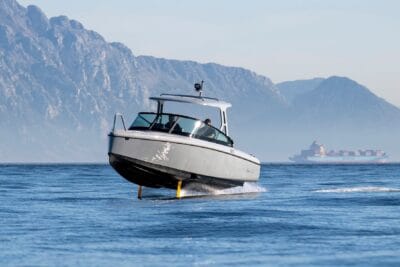
Candela boats between Europe and North Africa
02.06.2025
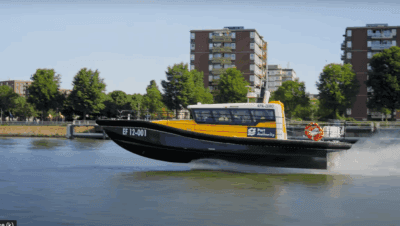
Artemis hydrofoil workboat to skim Rotterdam waters
28.05.2025
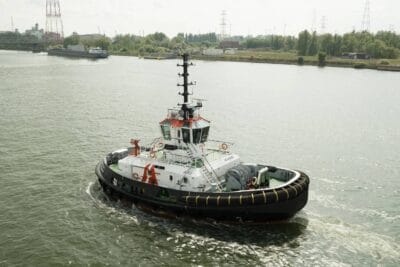
Port of Antwerp-Bruges introduces electric tugboat
22.05.2025
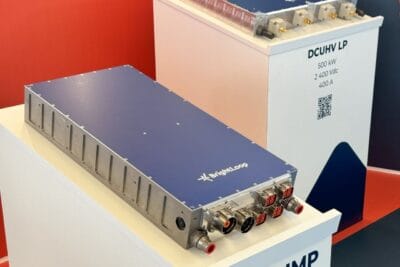
ABB acquires power electronics firm Brightloop
22.05.2025
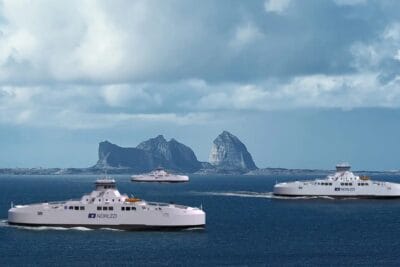
Norled orders MCS onshore chargers for battery-hybrid ferries
29.04.2025
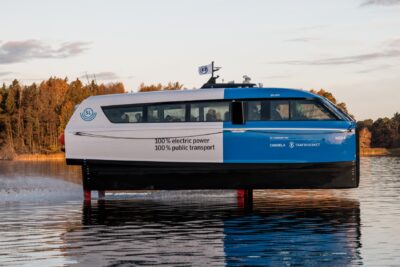
Hydrofoil ferry service returns to Stockholm
09.04.2025
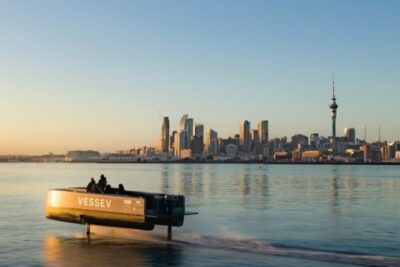
Electric hydrofoil firm Vessev announces US expansion
07.04.2025
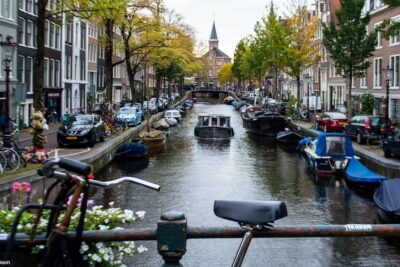
Amsterdam to require private vessels to operate emissions free on canals
10.03.2025
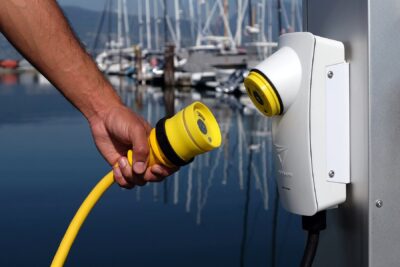
European research project to develop new battery systems for boats
03.03.2025
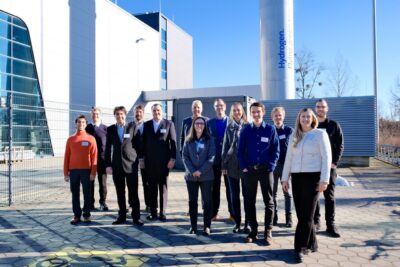
EU partners improve secondary components in fuel cell systems in project ‘BeBoP’
27.02.2025
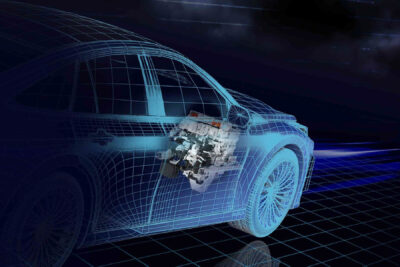
Toyota presents new generation of its FC system
15.02.2025

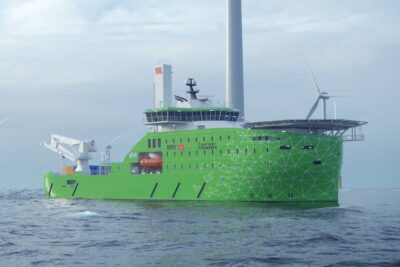
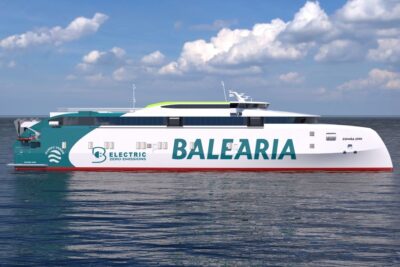

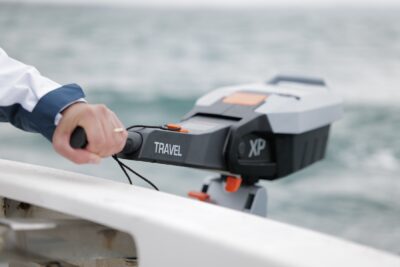
Last commented